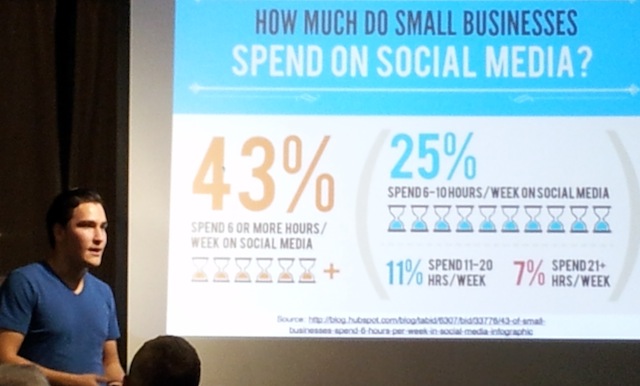In the age of social media and digital communities, memes have become more than just a form of entertainment—they’re shaping investment trends in financial markets. From meme stocks like GameStop to meme cryptocurrencies like Dogecoin, internet culture is playing a significant role in driving market behavior and influencing investor decisions.
The Evolution of Memes in Finance
Memes have been a part of internet culture for decades, but their influence on finance has grown significantly in recent years. One notable example is the rise of WallStreetBets, a Reddit community known for its meme-driven approach to trading stocks. In January 2021, WallStreetBets orchestrated a short squeeze on GameStop (GME), causing its stock price to skyrocket by over 1,500% in a matter of days.
Meme Stocks: From WallStreetBets to Main Street
The GameStop saga was just the beginning of the meme stock phenomenon. Since then, several other stocks, including AMC Entertainment (AMC) and BlackBerry (BB), have experienced massive price surges driven by online communities and social media hype. According to data from Bloomberg, retail traders accounted for as much as 20% of stock trading activity in 2021, up from just 10% in 2019, indicating the growing influence of individual investors in financial markets.
The Rise of Crypto Memes: How Dogecoin Became a Cultural Phenomenon
Dogecoin, initially created as a joke based on the popular “Doge” meme featuring a Shiba Inu dog, has become one of the most talked-about cryptocurrencies in recent years. Despite its lack of utility or technological innovation, Dogecoin has garnered a massive following on social media, with celebrities and influencers endorsing it as the “people’s cryptocurrency.” At its peak in May 2021, Dogecoin reached a market capitalization of over $90 billion, making it one of the top 10 cryptocurrencies by market value.
Marketing Strategies in the Meme Economy
Brands and marketers have also recognized the power of memes in engaging with audiences and driving brand awareness. For example, Wendy’s, known for its witty social media presence, regularly incorporates memes and pop culture references into its marketing campaigns to appeal to younger consumers. Similarly, Burger King’s “Moldy Whopper” campaign, which used a time-lapse video of a decaying Whopper to highlight the brand’s commitment to removing artificial preservatives, went viral on social media and generated widespread buzz.
The Psychology of Memes and Investment Behavior
The allure of memes lies in their ability to evoke emotions and create a sense of belonging within online communities. In the context of investing, memes can trigger FOMO (fear of missing out) and herd mentality, leading investors to make irrational decisions based on social proof rather than fundamental analysis. A study published in the Journal of Economic Behavior & Organization found that individuals are more likely to invest in assets promoted through social media endorsements, highlighting the influence of peer pressure on investment behavior.
Regulatory Challenges and Ethical Considerations
The rise of meme-driven investment trends has raised concerns among regulators about market manipulation and investor protection. In June 2021, the U.S. Securities and Exchange Commission (SEC) issued a warning to investors about the risks of investing based on social media hype, emphasizing the importance of conducting thorough research and exercising caution in volatile markets. Additionally, regulators have called for greater transparency and oversight of online trading platforms to prevent market manipulation and protect investors from fraudulent schemes.
The Future of Memes and Finance
As memes continue to shape investment trends and influence market behavior, it’s clear that internet culture has become an integral part of the financial landscape. Moving forward, investors, regulators, and marketers will need to adapt to the evolving meme economy and develop strategies to navigate its opportunities and challenges. Whether it’s meme stocks, cryptocurrencies, or marketing campaigns, understanding the psychology of memes and their impact on investor behavior will be essential for success in the digital age.
Conclusion
In conclusion, memes are no longer just funny pictures or videos—they’re powerful tools that shape investment trends, drive market behavior, and influence consumer behavior. From meme stocks to crypto memes, internet culture has become deeply intertwined with the world of finance, presenting both opportunities and challenges for investors, regulators, and marketers alike. By understanding the psychology of memes and their impact on investment behavior, stakeholders can better navigate the meme economy and harness its potential for positive change.


